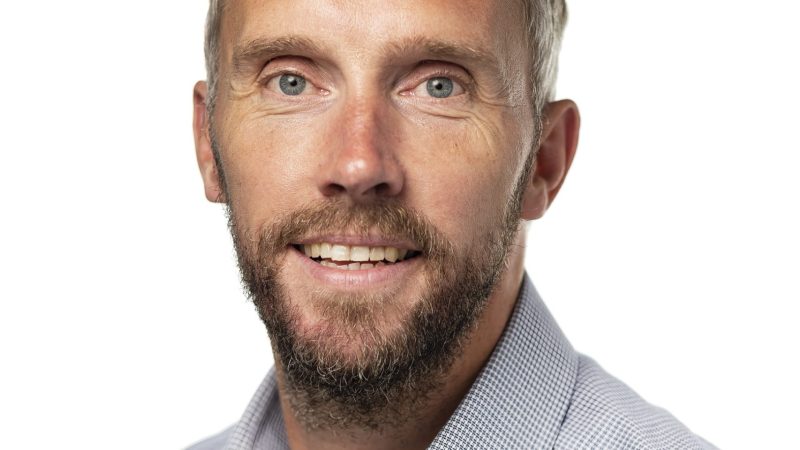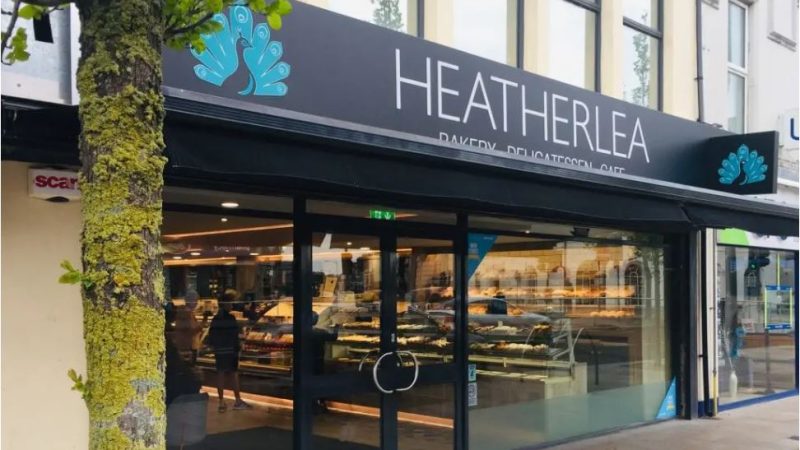Crime Watch

As part of an independent report, the NFRN has highlighted some of the most pressing criminal concerns for retailers this year.
Unfortunately retail – whether it be in the form of online shops or good old fashioned corner shops – will always be targeted by the criminal element. These businesses have assets, which hold worth, and unfortunately attract the attention of those who are not willing or able to pay the full amount for them.
The impact of this unfortunate and age-old trait of society goes much further than the proprietor of the business: local communities also feel the strains, from the degradation of the local area to the costs of justice.
In a recent report by the Federation of Independent Retailers (NFRN), which was presented to government ministers in Westminster, crime featured heavily in the issues that weigh heavily in the minds of retailers for the year ahead. In producing the report, the NFRN spoke to its membership – made up of all types of small retailer, from newsagents and confectioners to florists, forecourt owners and coffee shops. Here, Neighbourhood Retailer analyses some of the most salient points made in the report.
Shop theft
Small, independent retailers have voiced growing concerns with the level of retail crime affecting their livelihoods over the past few years, according to the report. Figures supplied by the British Retail Consortium suggest that in 2015 alone, retail crime across the UK cost the sector a massive £438 million. In 2012, the average value of the items stolen per raid was £237. Today that figure stands at £500.
Worryingly, as many as 56% of businesses believe the police operate ‘poorly’ or ‘very poorly’ when dealing with retail crime.
“Partly the problem is that people don’t have as much cash as they used to, which encourages them to shoplift,” says Anne Bingham, communications manager at the NFRN. Also, shoplifting has been downgraded by some police forces so they don’t even leave the station any more. We’re encouraging small independents to appeal to their local MPs over this.”
Violence and abuse
During 2017, almost two-thirds of shop workers were verbally abused, 40 percent were threatened and around 250 staff victims of assault each and every day of the year, according to the Union of Shop, Distributive and Allied Workers (Usdaw).
Of great concern, the NFRN reports that 57 percent of instances reported to the police did not receive a response or were generally dissatisfied with how the force dealt with the issue.
“A lot of our members open early in the morning and close late at night,” says Bingham. “If they refuse a sale of alcohol or cigarettes due to age or intoxication it sometimes gets nasty.”
Robbery, vandalism and fraud
The most common weapon used in an armed robbery against retailers is a knife, according to the report. Figures supplied by the Office for National Statistics show that knife crime has increased by a staggering 26 percent across the UK.
Vandalism can come at a substantial cost for small business owners, leading to pressure on their bottom lines. Alarmingly, most instances of vandalism and criminal damage go unreported, with the UK’s Home Office Crimes Against Businesses 2016 survey revealing that just 24 percent of attacks being reported to police.
Fraud and cyber attacks can be incredibly costly for retailers, and the NFRN’s report underlines the significance of the loss of consumer trust and reputational damage following an attack. Alarmingly, the National Audit Office recently said that online fraud was “not yet a priority” for police forces, and it’s been overlooked by the government.
“One of the biggest problems is that the bigger stores and multiples may have security guards and cameras, so criminals are drawn to the smaller operators who really can’t afford the impact of an attack,” says Bingham.
The illicit trade market
Including counterfeit and smuggled products such as cigarettes the black market has a huge impact on legitimate retailers across the UK. According to the NFRN’s report, 49 percent of smokers have seen the sale of illicit cigarettes for less than £4 – or two thirds cheaper than the recommended retail price.
According to the report, consumers must be better informed of the health impacts of buying illegal cigarettes, as they may have been produced to a lower standard than that set by UK authorities.
Impact on communities
The costs associated with retail crime should not be underestimated, according to the report, and can drive a retailer out of business. Therein, the local community loses out on the unique services that the independent retailer provides to the area. Further, staff employed by the local company are becoming increasingly fearful for their jobs, as the threat of crime grows. Many do not want to work late, or are concerned about the possibility of being robbed or abused in the workplace.







